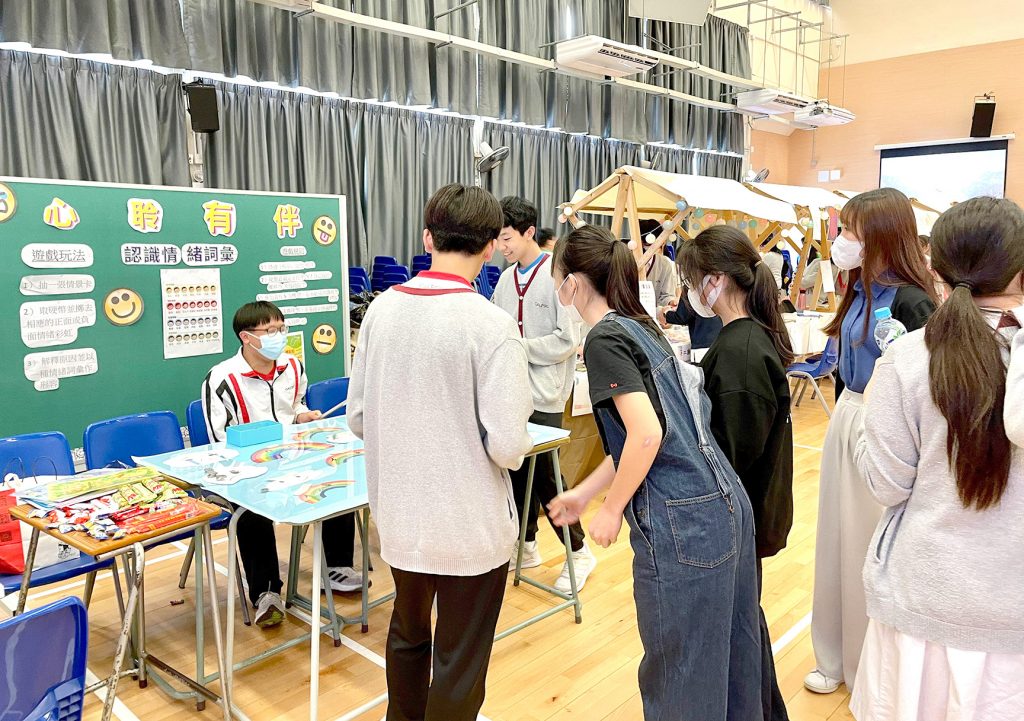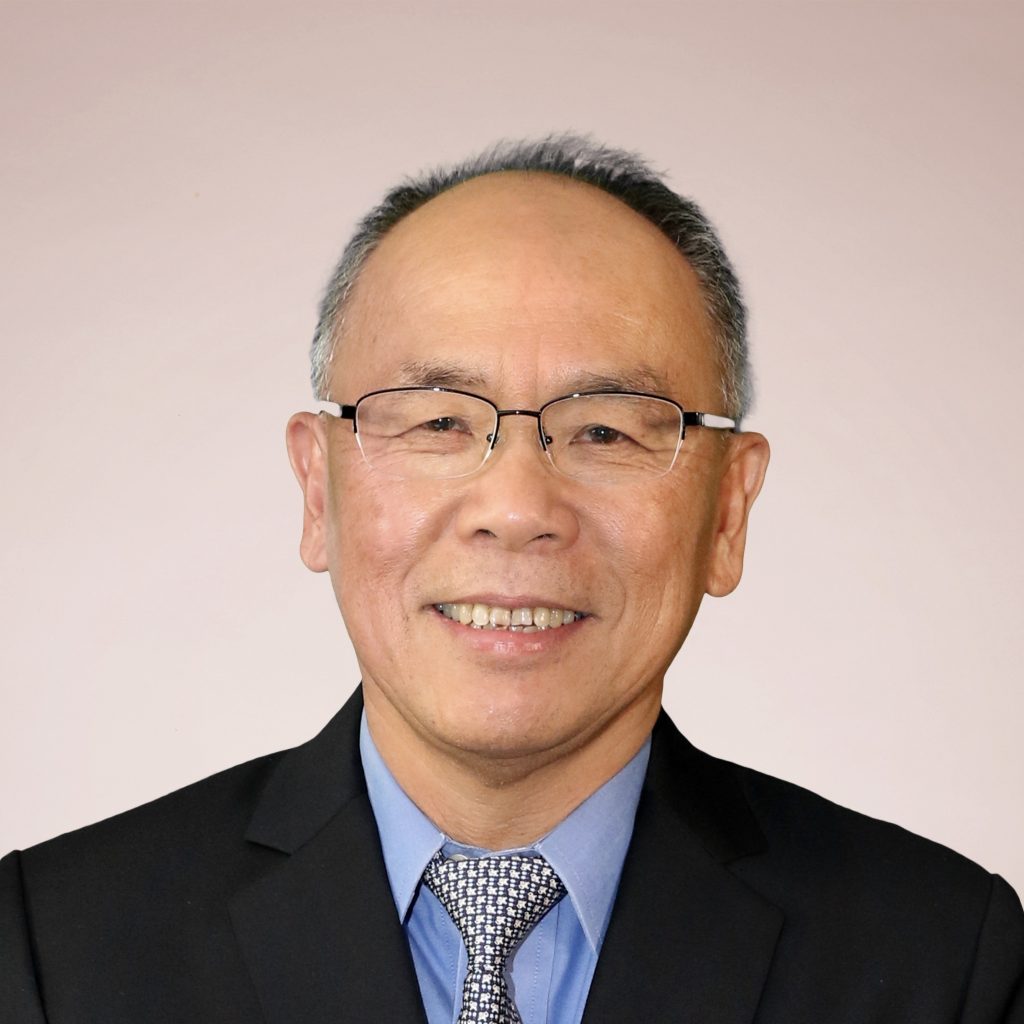May 2024 | Volume 25 No. 2
The Suicide Watch
Listen to this article:
Last autumn, when classes resumed following the COVID-19 pandemic, there was a feeling of relief that life could go back to normal for children and youths. Yet almost the opposite happened. From August to October 2023, there were 16 reported cases of suicide attempts and deaths involving schoolchildren under the age of 18, and six involving tertiary students. Suicide has been the leading cause of death among Hong Kong youth for decades, but this was different.
“We have never had anything like this before,” said Professor Paul Yip Siu-fai, Director of the Hong Kong Jockey Club Centre for Suicide Research and Prevention (CSRP) which was founded in 2002. “COVID-19 turned the world upside down and it affected mental health as well. The resumption of classes triggered these problems.”
Life for a significant number of people was undoubtedly difficult during pandemic shutdowns. Surveys of young people aged 11–35 by Professor Yip’s Centre found that while 20 per cent of teenagers felt better because they did not have to get up early for school and could spend more time with their families, 30 per cent felt worse (half felt the same). These were students largely from low-income families who lived in small homes, had limited Wi-Fi access for connecting to classes and entertainment, and had parents whose jobs, such as cleaners and security guards, required them to leave their children alone at home for long hours.
When classes resumed, these students not only struggled to catch up, but they also often did not have an in-built support system of close relationships with classmates and teachers that normally would have developed on campus. Some crumbled under the pressure, particularly if they had underlying mental health problems.
No quick fixes
“The government is very concerned about it and so are we. We appeal to schools to please give them time and space to rebuild their relationships. It’s not a quick fix but we need an environment that provides opportunity and time for us to repair this damage,” Professor Yip said.
While the child suicide rate fell in early 2024, he expects there to be lingering challenges for young people. “This is the long COVID-19 for mental health. Young people missed these three years, and you can’t ask them to go back to being 12 or 13 or 14 again, it’s gone. It’s like a scar on their mental development,” he said.
Older people have also suffered a delayed response to the effects of the past few turbulent years. Early this year, the suicide rate for those aged over 60 jumped more than 10 per cent, having started to rise in 2023. Professor Yip believes several factors contributed – the pandemic led some to fear going out so they shut themselves in, the increase in scams reduced their trust in the community, and many had watched their children and grandchildren emigrate (more than 200,000 people have left since 2020).
“We see quite a bit of loneliness and anxiety and feeling of abandonment among older adults,” he said.
In response to these tragedies, the CSRP has been working with partners to develop programmes specifically for youths and the elderly.
Training in self-help
With funding from the Hong Kong Jockey Club Charities Trust, they operate Open Up, a text-based emotional support service, with local NGOs. They are also going into schools to help both teachers and students. “We should not medicalise the problem, we should help people develop self-help first. We train students to look after themselves and their classmates, and we encourage teachers to do the same.”
The CSRP is also about to launch a zero-bullying campaign that promotes empathy towards victims, perpetrators and bystanders alike. The aim is to encourage young people to change their attitudes so they stop or report bullying and encourage teachers and school management to respond not only with punishment. “I’m not saying the perpetrator should not be penalised, but we should understand why they want to bully other people. They might have problems themselves. I hope we can provide a more holistic understanding of the situation and give them the instruments to promote a more harmonious study environment,” he said.
An outreach programme for the elderly was also recently developed with funding from the Jockey Club, in which district-based NGOs knock on doors to reach out to isolated elderly.
Professor Yip himself continues to advocate publicly against sweeping the problem of suicide under the carpet. He speaks regularly in the media and has convinced media outlets to report suicides more sensitively, for example by not mentioning methods to prevent copycat suicides.
“Suicide is so depressing and sad. We need to keep track and not let people forget, and we need to try to learn something from it to prevent future incidents. That is our goal,” he said.

Student leaders introducing mental health topics to their classmates at an outreach programme.
Young people missed these three years, and you can’t ask them to go back to being 12 or 13 or 14 again, it’s gone. It’s like a scar on their mental development.

Professor Paul Yip Siu-fai

